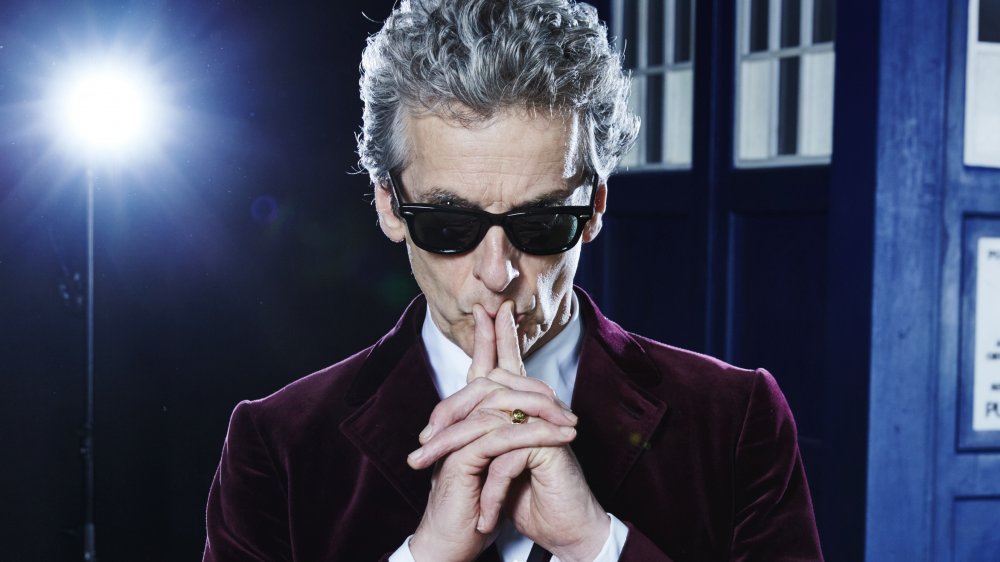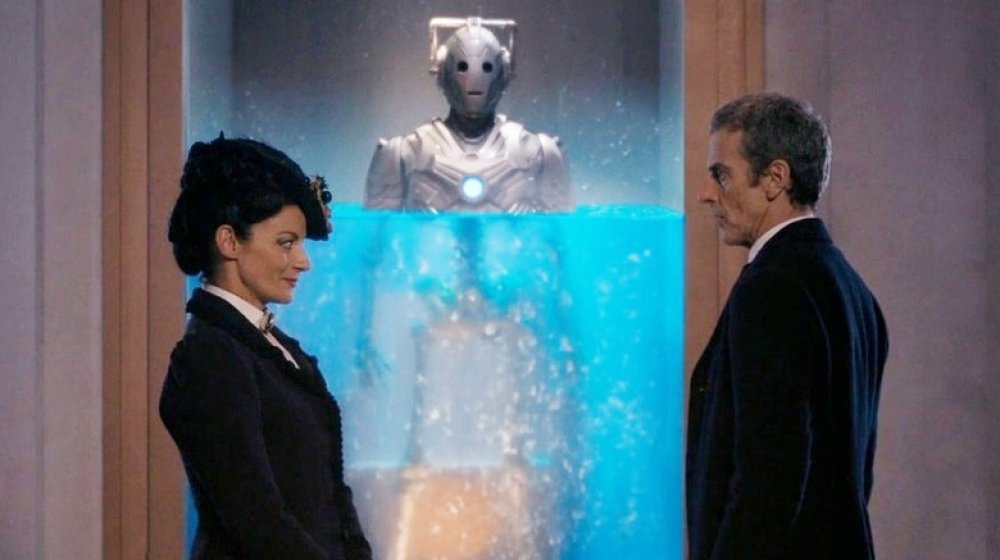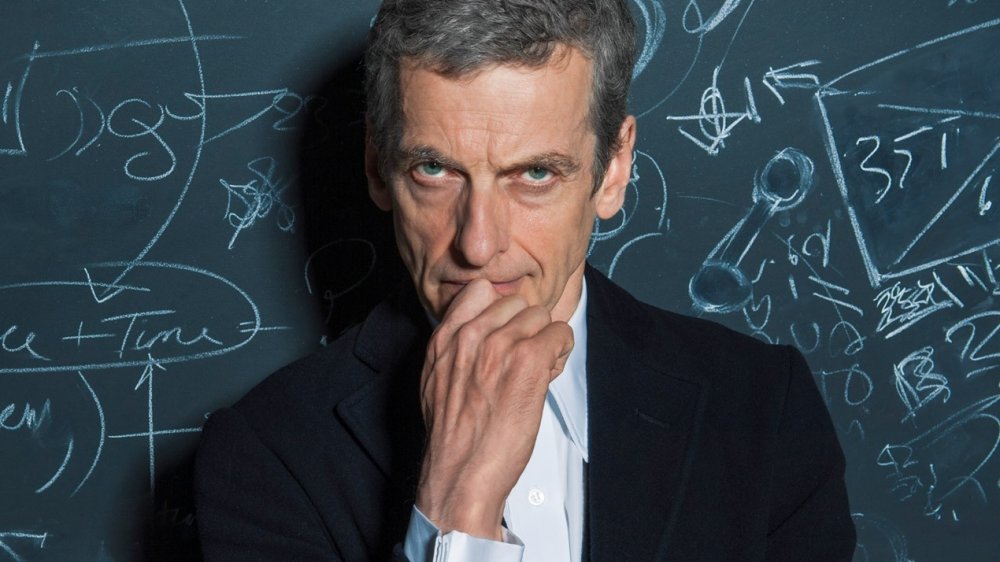The Most Controversial Doctor Who Episode Ever
Even Time Lords on a mission to protect the universe from chaos and evil forces occasionally stumble into controversy.
British sci-fi drama Doctor Who is best known for low-budget sets, intergalactic battles pitching good against evil, and incomprehensible monologues delivered by its quirky and ever-changing titular character. But while good generally wins the day — although not without sacrifices — the show has faced backlash over its handling of certain sensitive topics.
For example, the sixth episode of the rebooted show's first season, which aired in 2005, showed Christopher Eccleston's Doctor torturing a Dalek. Although the episode later showed human assistant Rose showing the alien compassion, the British Board of Film Classification (BBFC) declared it too violent and a poor model of behavior, and limited the sale of that season's DVD to people over the age of 12, thereby excluding a significant portion of the show's main demographic.
However, it was a different episode, aired at the end of another Doctor's first season, that stands out as the most controversial Doctor Who episode ever made, thanks to its particularly horrifying vision of what happens to us after we die.
The Doctor Who episode Dark Water got really dark
In 2014, Peter Capaldi took over as the twelfth iteration of the Doctor. His season culminated in a two-part episode, the first half of which was titled "Dark Water." The water in question was filling tanks holding human skeletons, housed in a mausoleum/scientific center called 3W (an acronym for 3 Words), which the Doctor and his assistant Clara (Jenna Coleman) are transported to by the TARDIS after Clara's boyfriend Danny (Samuel Anderson) is killed in a car accident.
It later transpires that these skeletons are Cybermen — long-standing Doctor Who villains — crafted by the Doctor's archnemesis the Master, appearing as a Time Lady named Missy, played by Michelle Gomez. The Master intends to use her phalanx of Cybermen to conquer the Earth; it's all pretty standard Whovian fare. A significant portion of the audience, however, was less than thrilled with the show's handling of the heavy topic of death.
At one point in the episode, a scientist at 3W named Dr Chang (Andrew Leung), explains to Clara and the Doctor that the institution is founded on a pretty disturbing belief. The founder, Dr. Skarosa, examined white noise emitted by TVs and thought that he heard messages coming from people who had recently died. He reached this conclusion (or jumped to it) after supposedly determining that one of the voices said three specific words: "Don't cremate me." He concluded that after people died, they retained some form of consciousness, and could feel anything that happened to their corpses — including cremation.
The BBC stands their ground on Doctor Who
This startlingly morbid interpretation of death prompted some capital-f Feelings among viewers. The episode aired on November 1st, and by November 6th, 124 people had complained to the BBC — and nine more had gone so far as to contact Ofcom, the UK's Office of Communications, who regulate material shown on TV.
Despite the backlash, the BBC stood firmly by the story line. They pointed out that Dr. Chang had warned the Doctor and Clara that 3W's theories on death were "disturbing," which would have given viewers a chance to switch channels, fast forward, or at least brace themselves. They added that the Doctor — who is generally pretty clued in to these kinds of things — immediately dismisses Dr. Chang's claims as "a racket," and it turns out that he's right, and that the whole thing is part of the Master's evil plan.
Moreover, they said, this wasn't the first time the show had left its lighthearted action-adventure feel to wade into more serious topics. Since its first season aired in 1963, Doctor Who has tackled death, racism, totalitarianism, war and genocide. The most recent season leaned further into this focus on global struggles. In season 11, led by Jodie Whittaker as the first female Doctor, there were episodes about the 1947 partition of India, and Rosa Parks' and the Civil Rights Movement's battles against racism.
The reaction to these recent episodes was mostly positive, and free of the type of backlash that accompanied the airing of "Dark Water." As such, we wouldn't expect Doctor Who to shy away from the tough stuff any time soon — and we wouldn't have it any other way.


